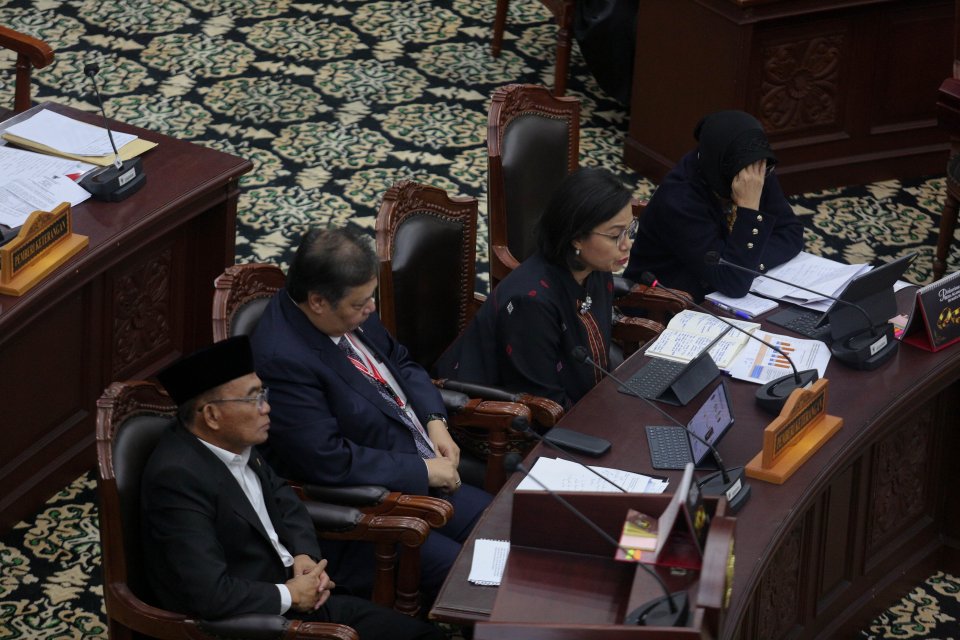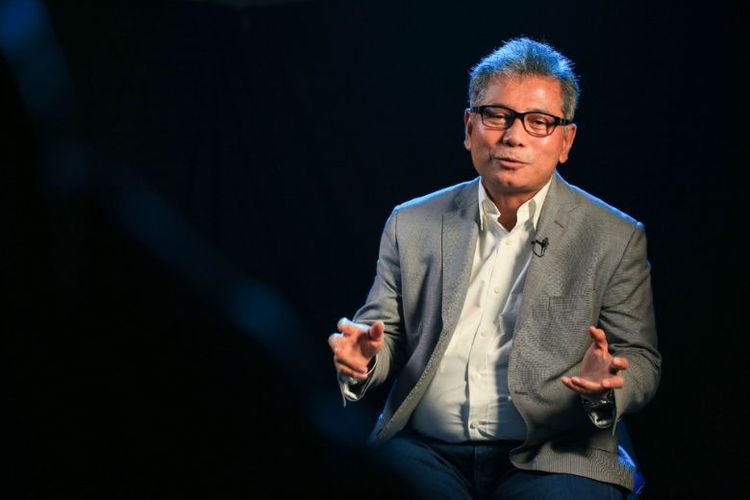Jokowi Distributes Social Aid Using Presidential Operational Funds
Step into the world of Indonesian politics and finance as we delve into President Jokowi’s groundbreaking decision to utilize Presidential Operational Funds for distributing social aid. Discover how this strategic…








